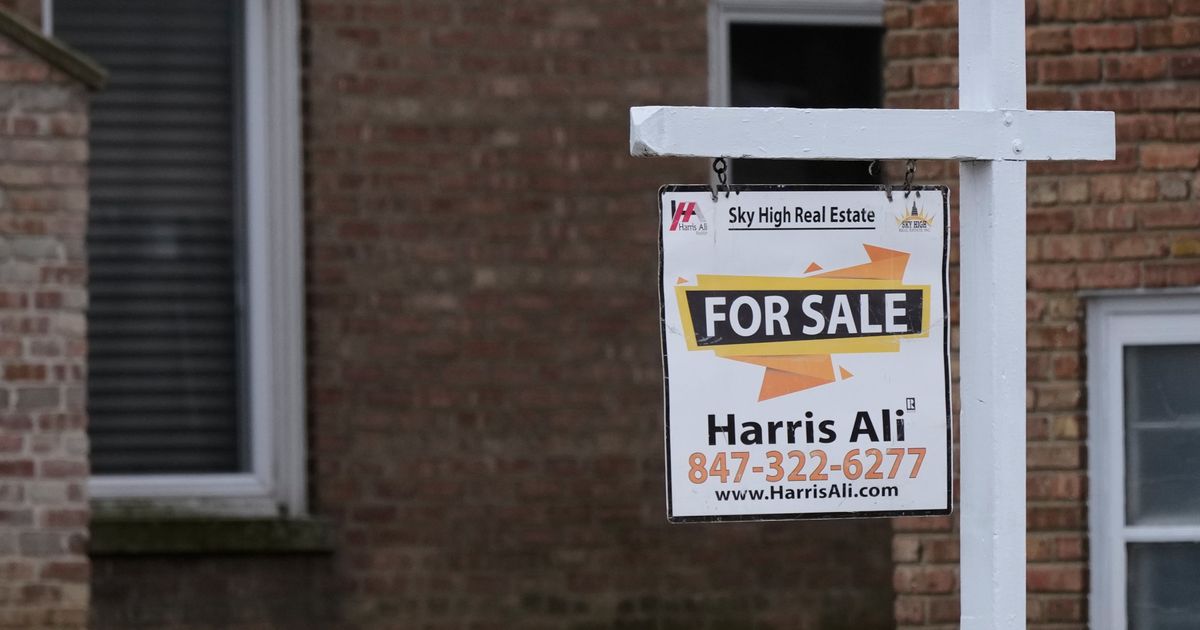Settling in a new home can take months, but how long should a new homeowner have to notice big problems and sue? The Washington Supreme Court weighed in this week.
Sue and Gregory Tadych discovered unlevel flooring and other problems shortly after they moved into their newly constructed Seattle home, court documents say. They spent months going back and forth with their contractor and hiring their own experts. Finally, they sued.
But their case came too late, the builder later argued in court. The Tadychs had signed a contract stating they had only one year to bring a lawsuit.
After years of legal proceedings, the state Supreme Court this week sided with the homeowners, concluding that the one-year limit “unduly benefits the contractor at the expense of the homeowner’s right to bring a legitimate claim.”
The 5-4 decision could bring changes to construction contracts and serves as a reminder for homeowners to consider agreement details carefully.
Attorneys for both sides declined to comment Friday.
The dispute dates to 2014, when the Tadychs moved into the custom-built home in south Seattle, according to court records. Early in the following year, Sue Tadych “felt a ‘shift’ in the home’s structure” and the couple hired a construction consulting firm. They raised concerns to the contractor, Noble Ridge Construction, about unlevel flooring, possible settlement of the house and ventilation.
Noble Ridge Construction owner Jason Wojtacha “assured the Tadychs that there were no significant construction issues with the home,” attorneys for the couple wrote in court filings.
The homeowners continued to raise issues, including water “oozing” through the exterior stucco, and the construction company promised various work it never finished, the couple alleged.
“They hoped to build their dream house, but that dream [became] a nightmare,” the attorneys wrote.
The couple sued in 2017. That was outside the time frame allowed in their contract, which said any claims must be brought within one year of the house’s completion or the owner moving in, whichever came first.
State law allows six years to sue after the completion of construction, but contracts can limit that time even further as long as the rules are not “unconscionable,” the state Supreme Court wrote.
Attorneys representing the contractor contend the homeowners had plenty of time to consider the “unambiguous contract” and never requested any changes before they signed it. They say the homeowners became aware of the alleged problems within the one-year time period, but waited to sue.
The couple “had ample time to institute an action — but failed,” the lawyers wrote.
Noble Ridge Construction has been dissolved but Wojtacha’s name is associated with several other LLCs, according to state business records. Noble Ridge Construction sued several of its subcontractors over defects at the home and settled those cases, according to attorneys for the homebuyers.
Lower courts sided with the construction company and dismissed the case.
In the decision Thursday, the state Supreme Court reversed those rulings.
The court’s majority wrote that compared with the six years allowed under state law, the one-year limit “is one sided in favor of the contractor with no benefit to the homeowner.”
In a dissent, the four remaining justices sided with the contractor. “There is nothing inherently unreasonable about a one-year statute of limitations,” they wrote.
Karl Oles, an attorney at Stoel Rives in Seattle who represents homebuilders and designers, said the decision could discourage contractors from including one-year limits in their contracts. But the ruling is not likely to do away with limits altogether.
It’s unclear if a four-year limit, for example, would have been acceptable to the court, he said. “The majority seemed to say [a one-year limit] is so much less than six years, that’s what we don’t like,” Oles said.
“The general advice would be: Don’t try too hard to limit people’s rights,” Oles said.
Builders could limit the time to sue but ensure they visit regularly to inspect and fix any problems, or they could offer buyers an option like a discount if they agree to a shorter time frame to sue so “it’s their choice,” he said.
For homeowners and buyers, Oles suggests reading contracts carefully. “Whenever entering a major thing like this, read with care,” he said. “And if you have questions, raise them.”
















